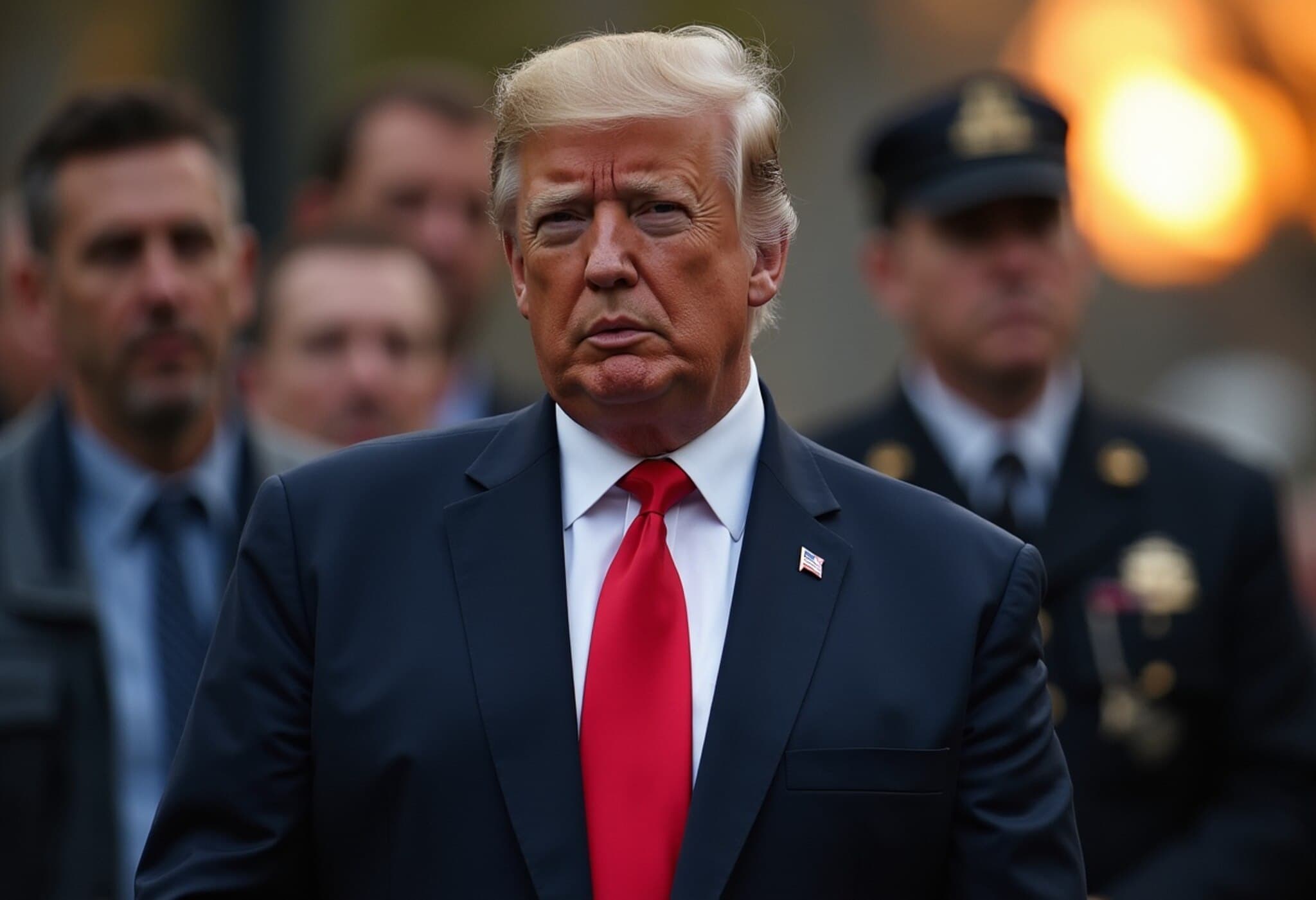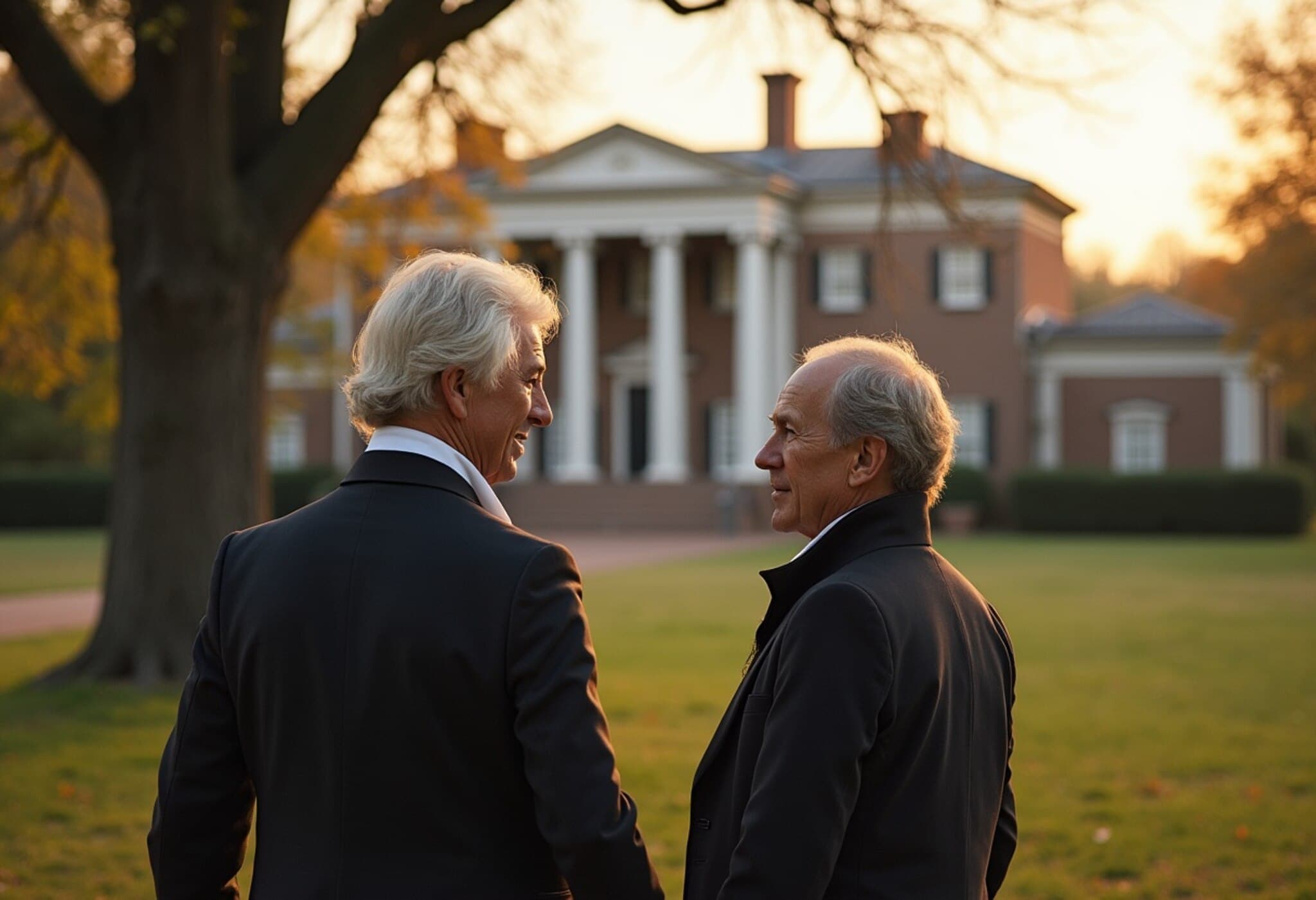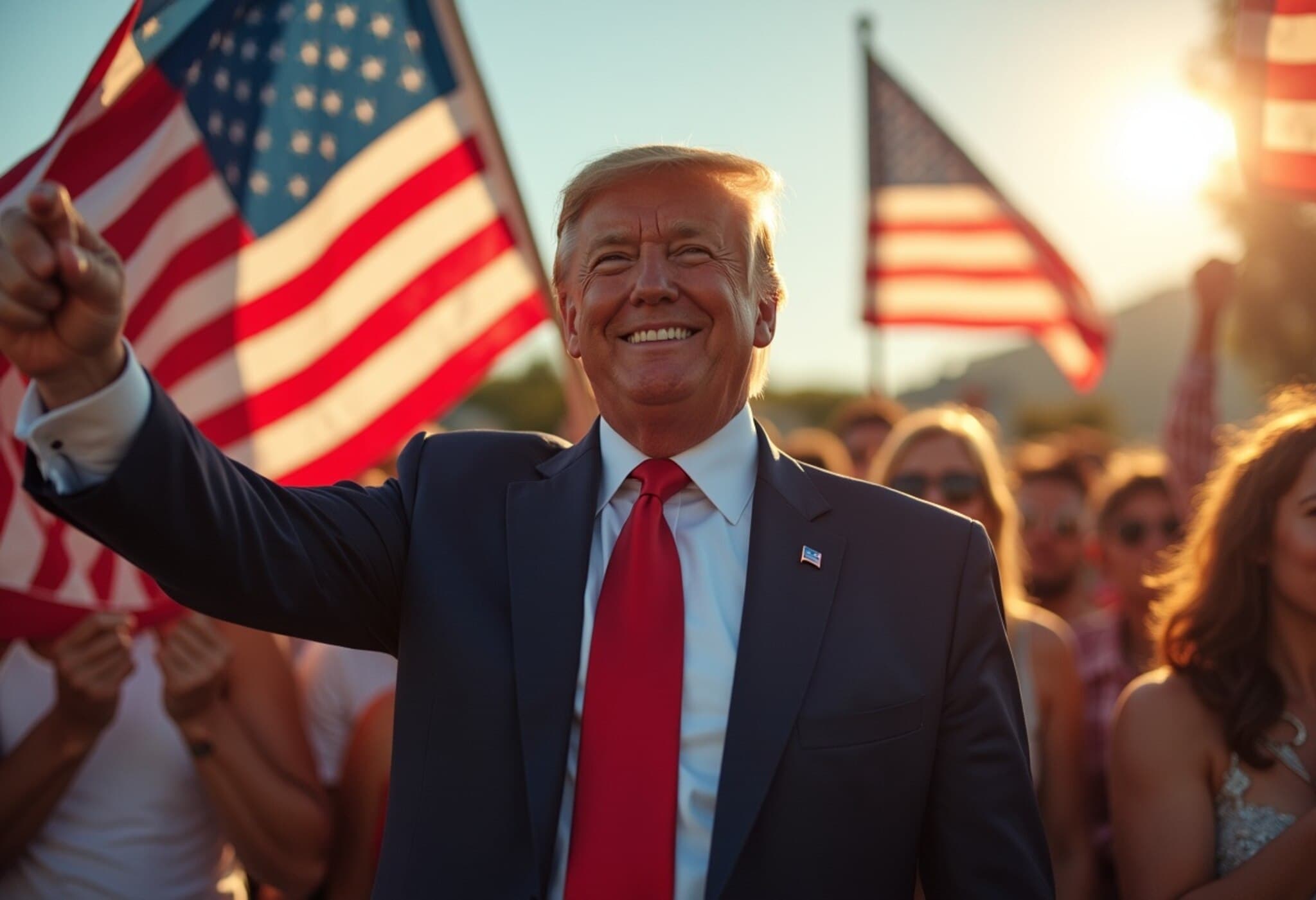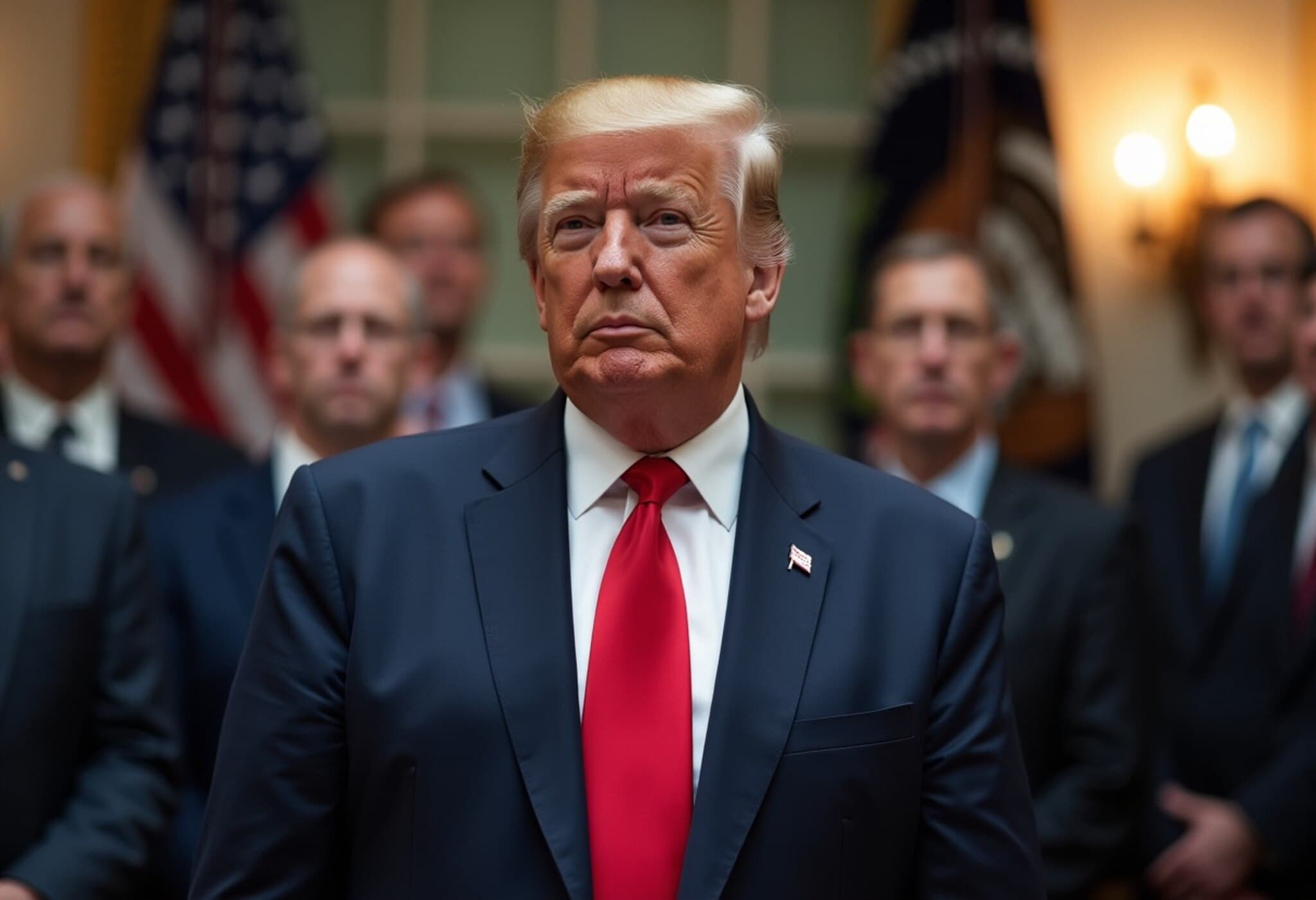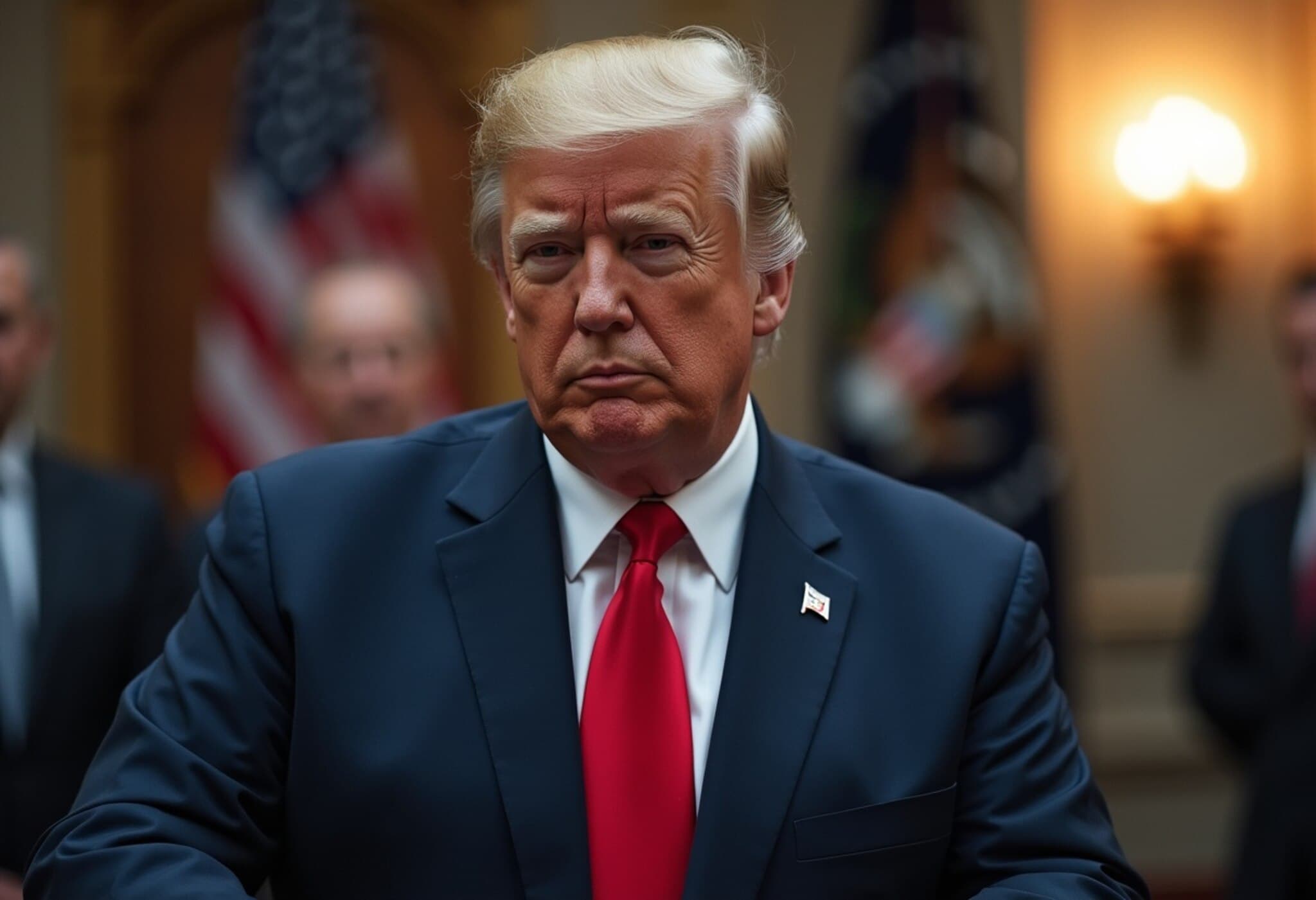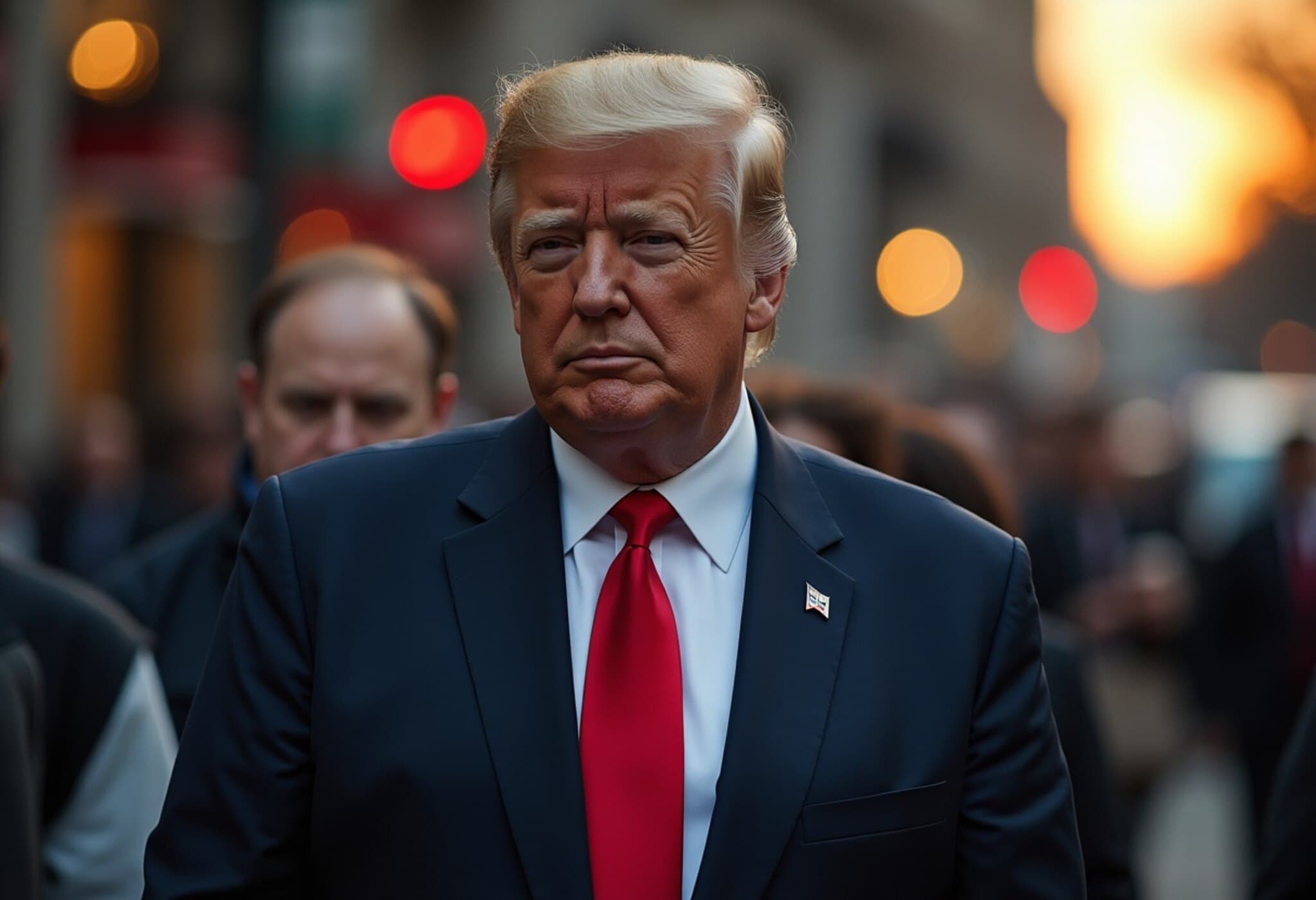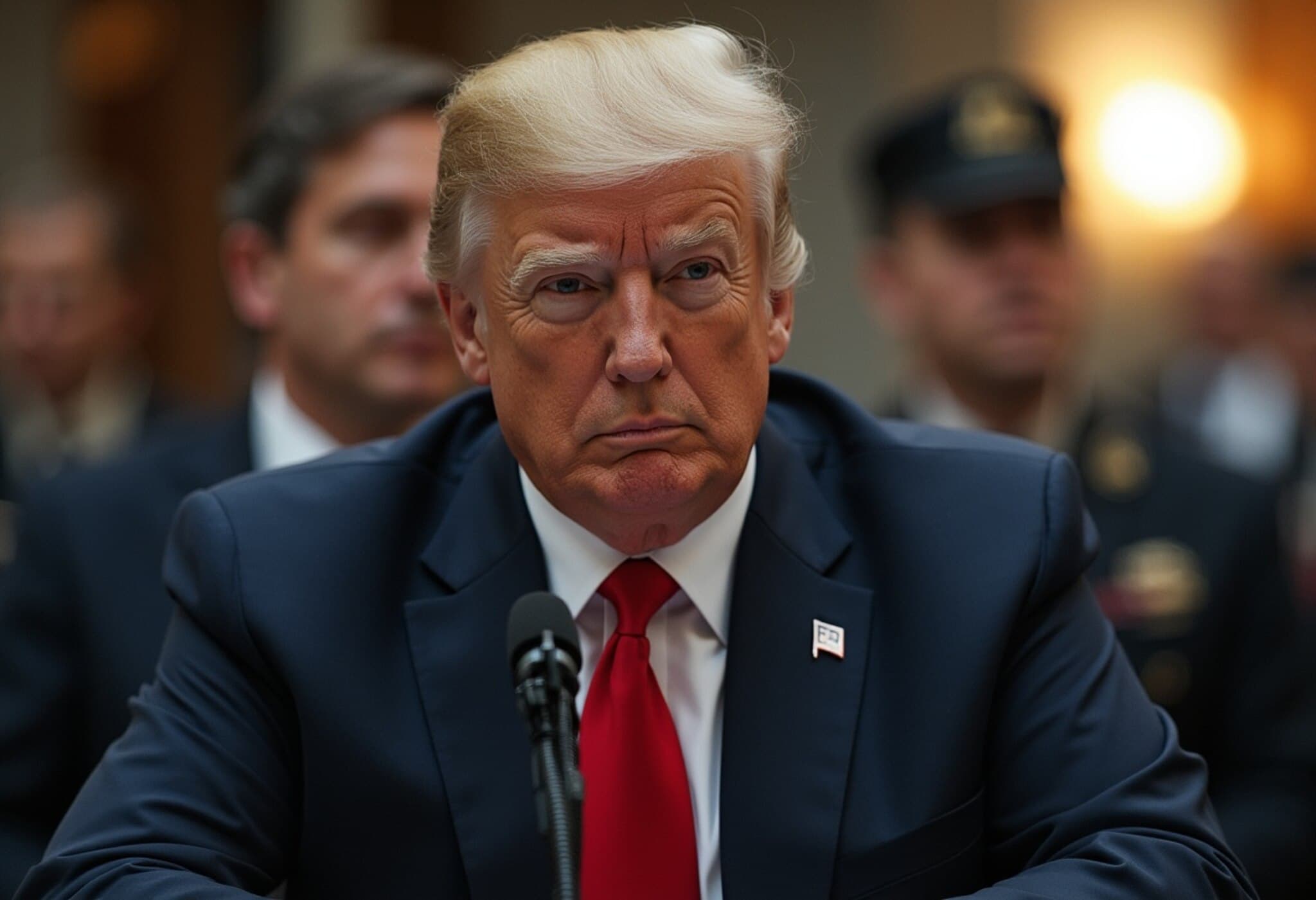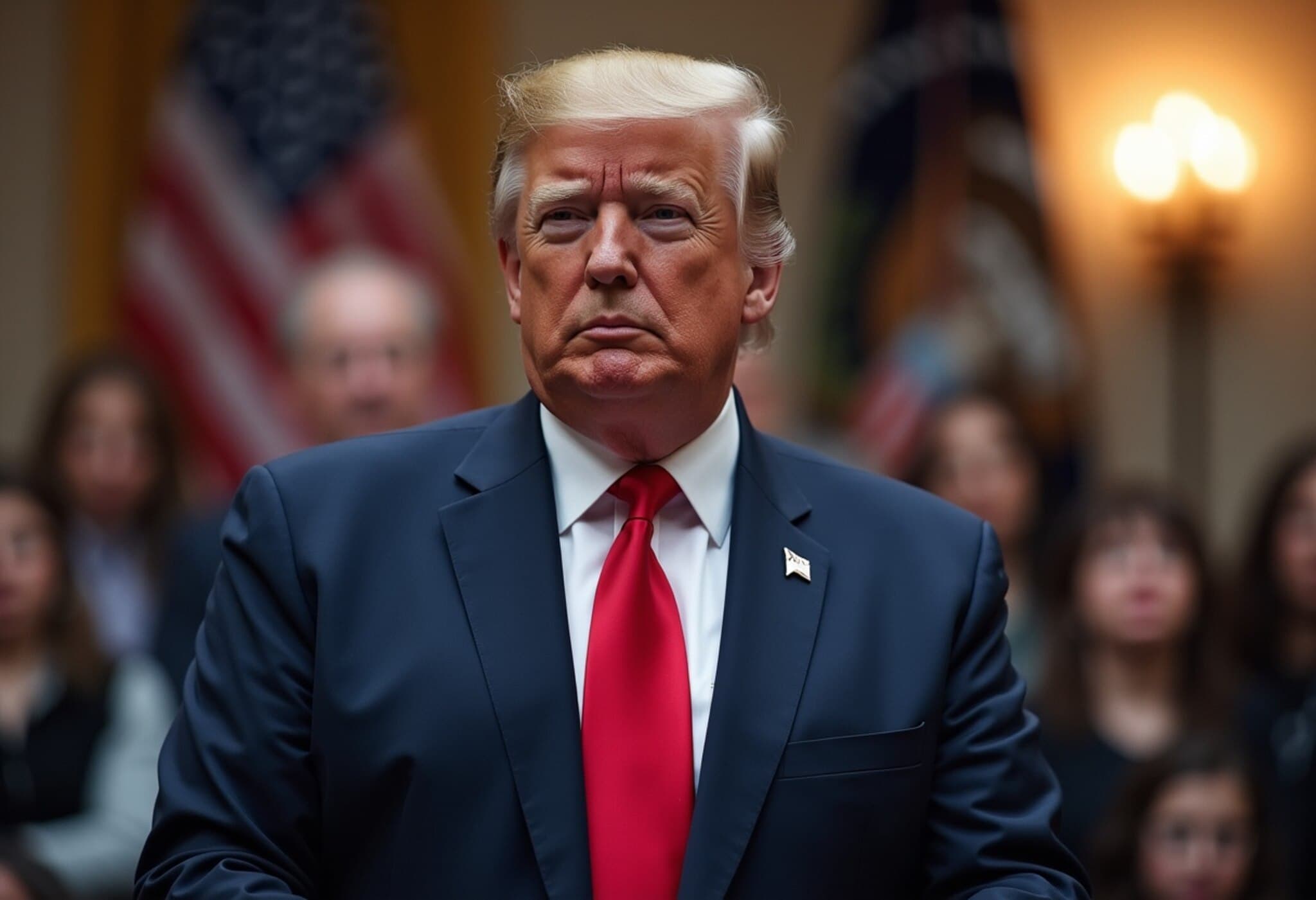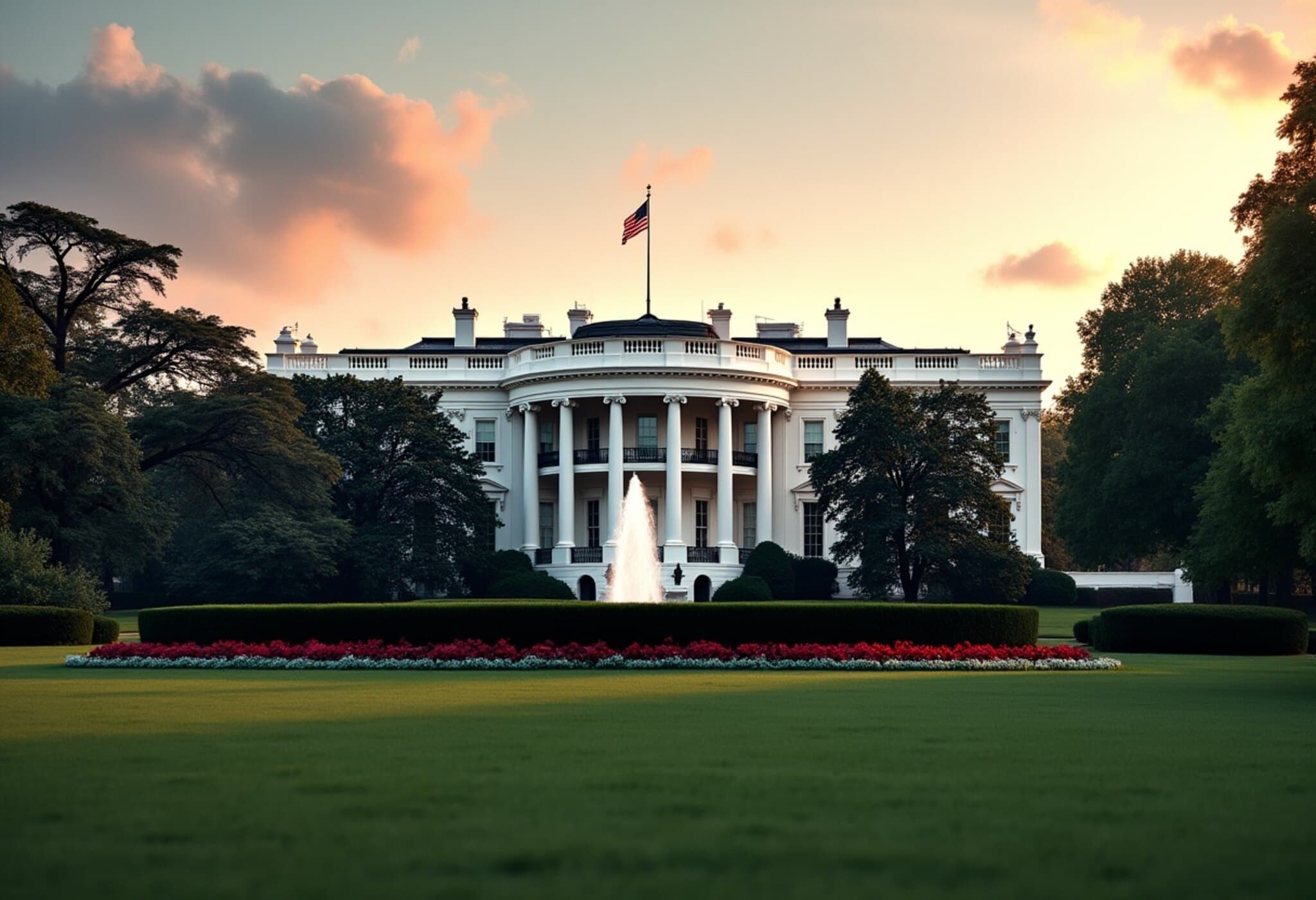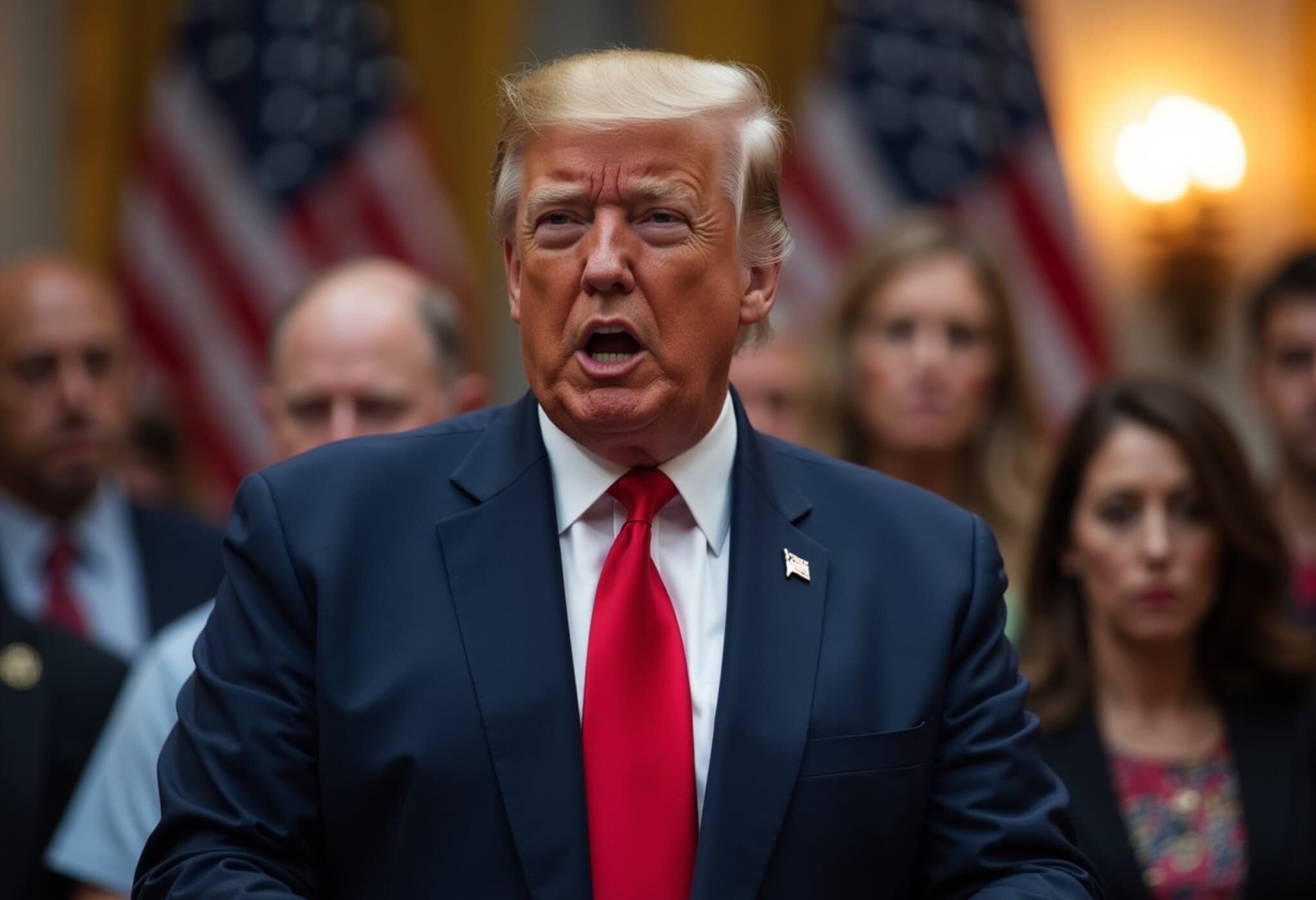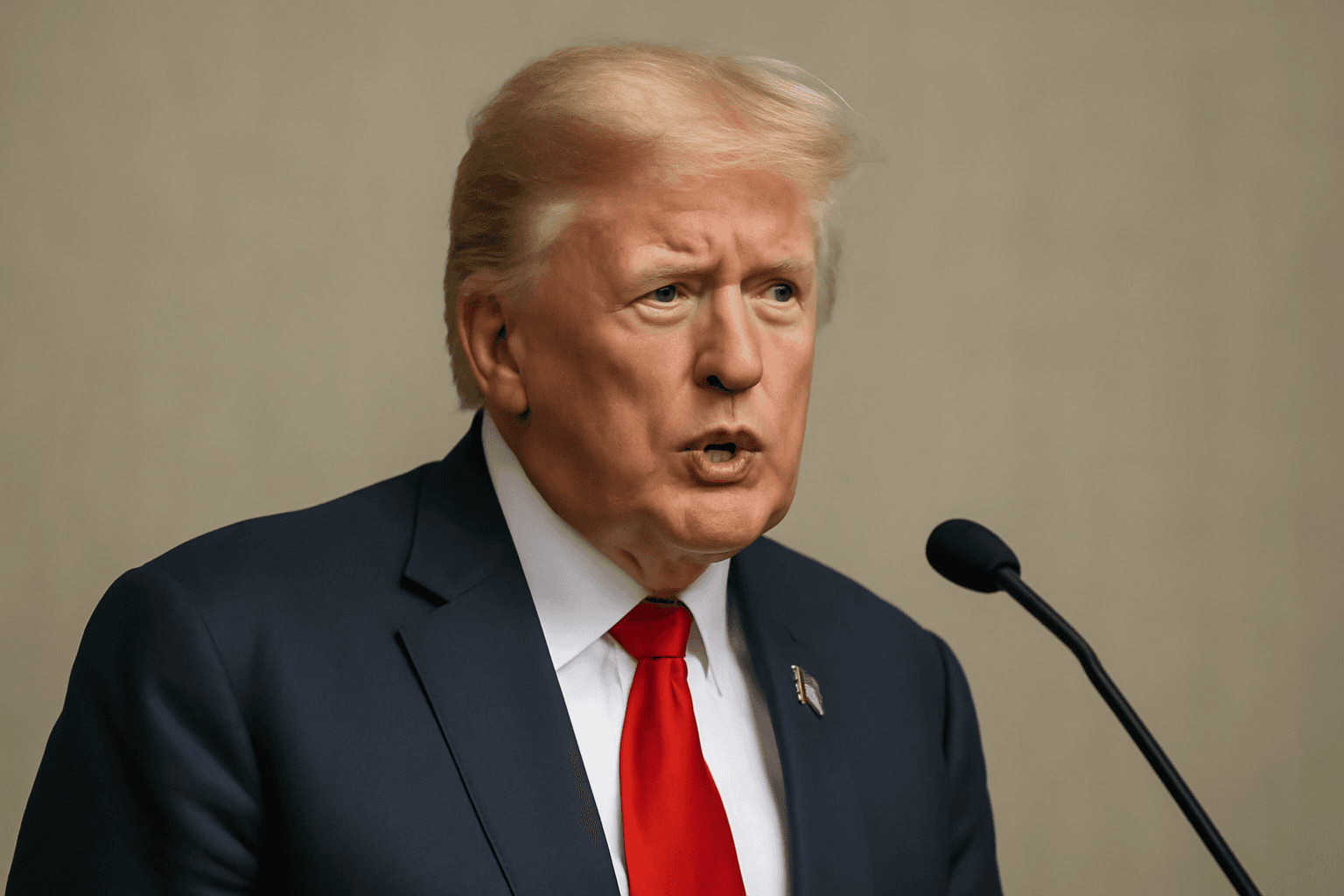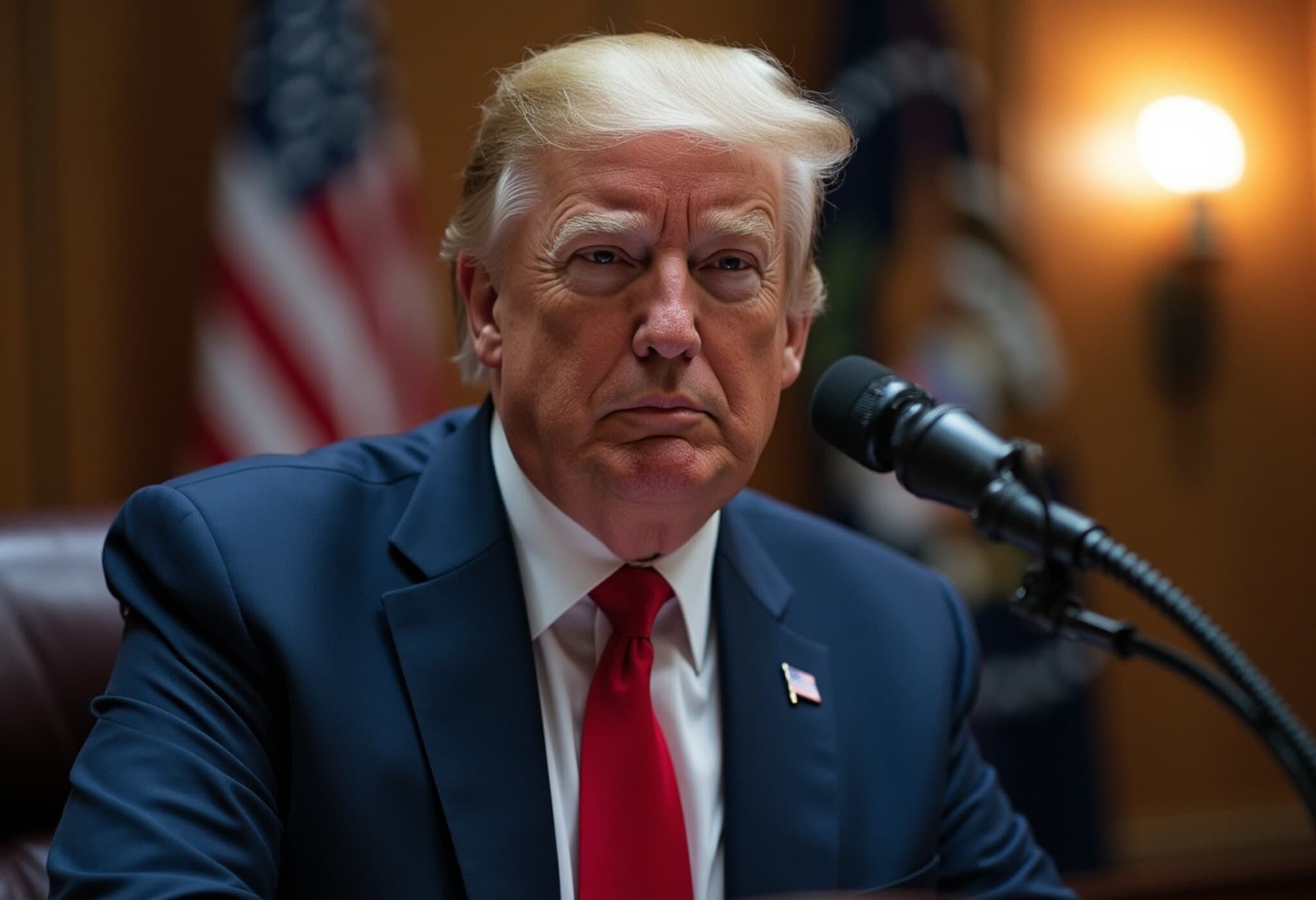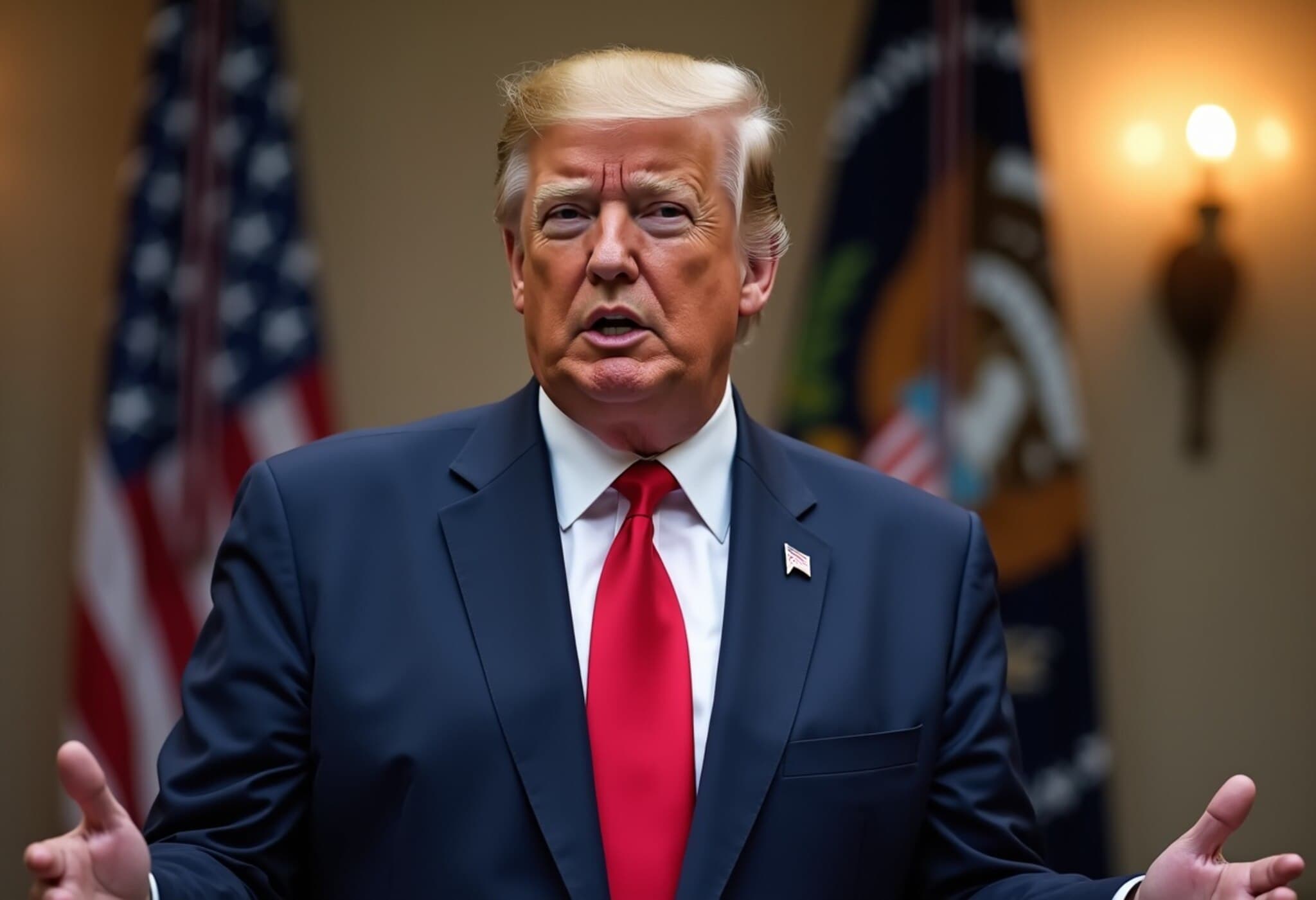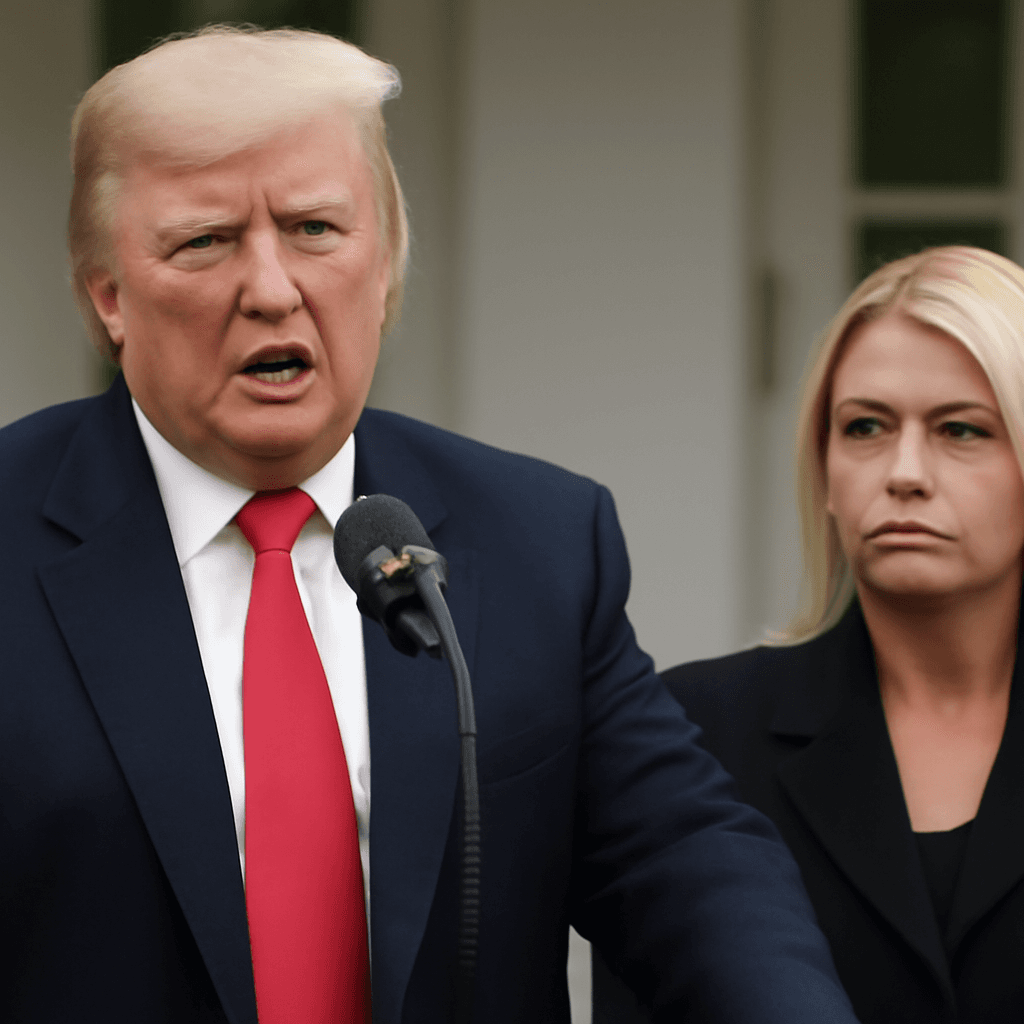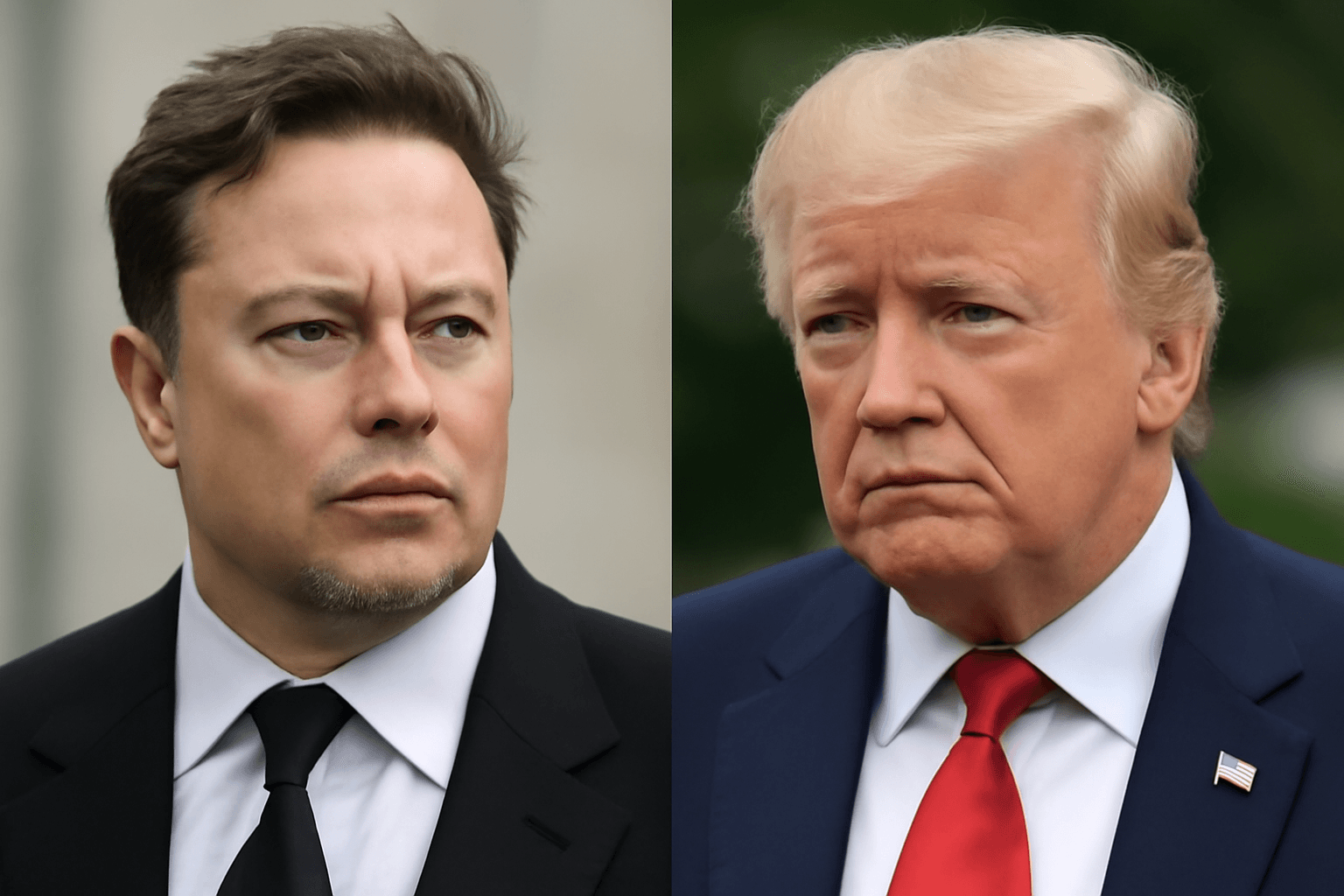Epstein Controversy Deepens Divides Within MAGA Movement Amid DOJ Report
In a move that has stirred fresh turbulence within the MAGA sphere, the U.S. Department of Justice (DOJ) recently issued an unsigned memorandum reaffirming that Jeffrey Epstein, the infamous financier and convicted sex offender who died in 2019, neither maintained a client list implicating prominent figures nor was the victim of foul play, declaring his death a suicide. While much of the American public had largely moved on from Epstein’s dark saga, this pronouncement reverberated like a seismic shock across pro-Trump circles, reigniting a fraught debate entwined with deep distrust in the American political establishment.
Historic Claims and MAGA's Unwavering Obsession
For years, influential voices within the MAGA movement propagated the existence of an Epstein client list, a so-called "smoking gun" that would expose a network of elite figures involved in unspeakable abuses. Figures like former Attorney General Pam Bondi fueled speculation by publicly suggesting the existence of such a list, though later clarifying she was referring to case files rather than a discrete ledger. Vice-presidential hopeful J.D. Vance echoed the demand for transparency, calling for the list's public release. Similarly, Kash Patel, once Trump’s FBI director, and Dan Bongino, now deputy FBI director, stoked expectations that revelations could topple political adversaries and reshape American power structures.
This line of thought has positioned Epstein’s case as a grim pillar cementing MAGA’s worldview: a belief that the so-called “ruling class” is riddled with depravity and corruption so egregious it demands radical upheaval.
The Intersection of Power, Scandal, and Mistrust
Epstein was not an ordinary criminal; he was a nexus point connecting elite circles through social events, private jets, and covert relationships. Donald Trump himself had a long and public association with Epstein, raising both eyebrows and questions within and beyond MAGA supporters. In a chilling 2002 interview, Trump referred to Epstein’s controversial penchant for young women with a tellingly ambiguous remark, reflecting the complex entwinement of power and scandal.
Yet despite their obsession with exposing Epstein’s network, many within MAGA have struggled to reconcile these facts with Trump’s personal connections to Epstein. This dissonance has raised profound questions about the movement’s internal coherence and its capacity to confront uncomfortable truths.
Internal Fractures and the Future of MAGA
The recent DOJ memorandum has provoked a torrent of outrage and disbelief among prominent MAGA voices. Media personalities like Tucker Carlson lambasted the memo as a “dangerous joke,” while conspiracy theorist Alex Jones accused the Trump administration of participating in a cover-up. Congressional figure Marjorie Taylor Greene publicly demanded the client list’s immediate disclosure.
These reactions highlight a broader crisis: MAGA’s foundational narratives increasingly collide with official findings, fostering renewed infighting and mistrust within the movement. As former FBI figures and conservative politicians clash over accountability, reports suggest rifts intensify, with some leaders contemplating resignation amid escalating tensions.
Moreover, internal factions differentiated by divergent beliefs—ranging from vaccine skepticism and foreign policy isolationism to outright conspiracy theories—threaten to unravel the unity that propelled MAGA to prominence. The movement’s durability has historically relied on Donald Trump’s unifying presence; his eventual departure may unleash centrifugal forces that fracture the coalition further.
Expert Analysis: The Epstein Effect on American Politics
From a policy perspective, the Epstein controversy underscores the challenges facing institutions tasked with upholding justice amid politically charged environments. Analysts note that the continued public uncertainty surrounding Epstein’s network fuels broader skepticism about government transparency and effectiveness. It also highlights how conspiracy theories, even those partially grounded in verified facts, can be weaponized to undermine institutional trust.
In the wider American cultural context, Epstein has become a symbol of elite impunity—a powerful narrative that appeals to audiences disillusioned with systemic inequalities and perceived moral decay. Understanding this sentiment is crucial for policymakers and media alike, as it influences voter behavior, media consumption patterns, and political polarization.
Conclusion
The Department of Justice’s reaffirmation that Jeffrey Epstein died by suicide without revealing any client list has unsettled the MAGA movement’s foundational myths, exposing fault lines that could redefine conservative politics in the coming years. As MAGA grapples with conflicting truths and internal discord, the Epstein saga remains a potent reminder of the intersection between power, scandal, and the enduring quest for justice.
Editor’s Note
Jeffrey Epstein’s shadow continues to loom large not just as a criminal case but as a catalyst for political fracture and public mistrust. Readers should consider how unresolved questions and competing narratives about elite misconduct influence political movements and shape the broader discourse on governance and accountability in America.

